Endometriosis is a long-term condition where cells like the ones found on the lining of the uterus are found outside the uterus. Each month these cells react in the same way to those in the uterus, building up and then breaking down and bleeding. Unlike the cells in the uterus that leave the body as a period, this blood has no way to escape. This can cause inflammation, pain, and the formation of scar tissue.
Endometriosis can affect women and those assigned female at birth, from puberty to menopause but may persist after menopause. While some with endometriosis experience severe, life-impacting pain and /or infertility, others have no symptoms at all.
The content on this page is provided solely for information purposes and provides an overview of the subject matter covered. - it has kindly been reviewed by Endometriosis UK. It is not a substitute for professional medical advice, diagnosis or treatment. If you think you have endometriosis, please seek further information. The information on this page is subject to change without notice.
Endometriosis is an invisible disability
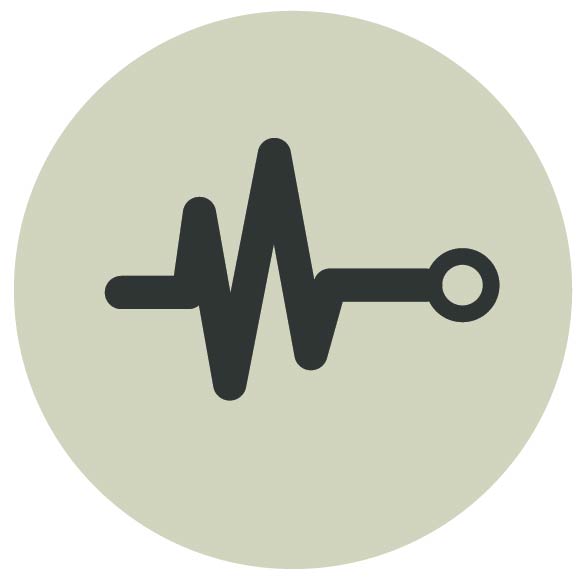 Severe period pain is not ‘normal'
Severe period pain is not ‘normal'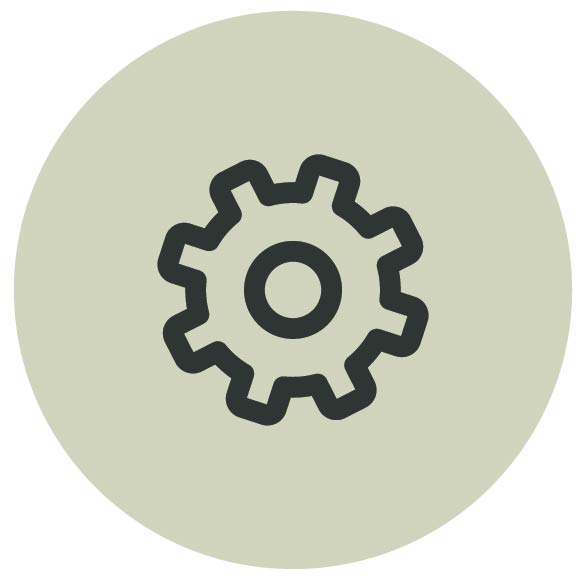 8 years is the average time from onset of symptoms to get a diagnosis
8 years is the average time from onset of symptoms to get a diagnosis Approx. 176 million women, girls & those assigned females at birth are impacted
Approx. 176 million women, girls & those assigned females at birth are impacted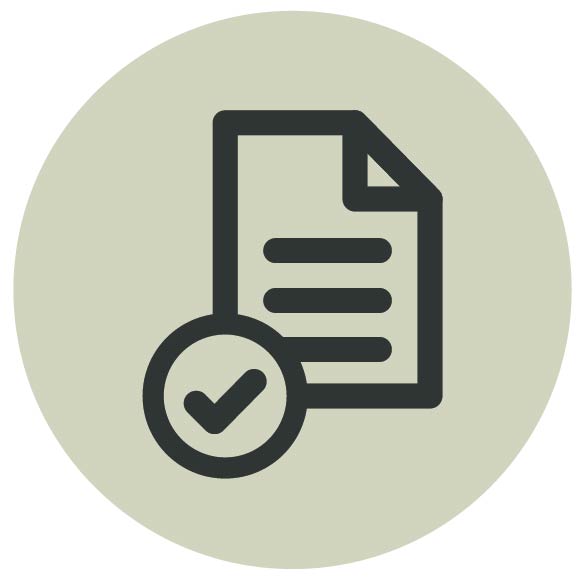 38% are concerned about losing their job because of the effects of endometriosis
38% are concerned about losing their job because of the effects of endometriosis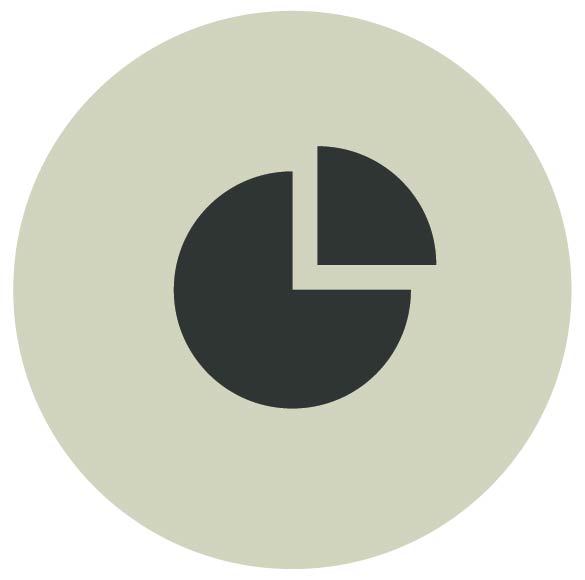 Infertility is experienced by 30-50% of those with endometriosis
Infertility is experienced by 30-50% of those with endometriosis Pregnancy does not cure endometriosis
Pregnancy does not cure endometriosis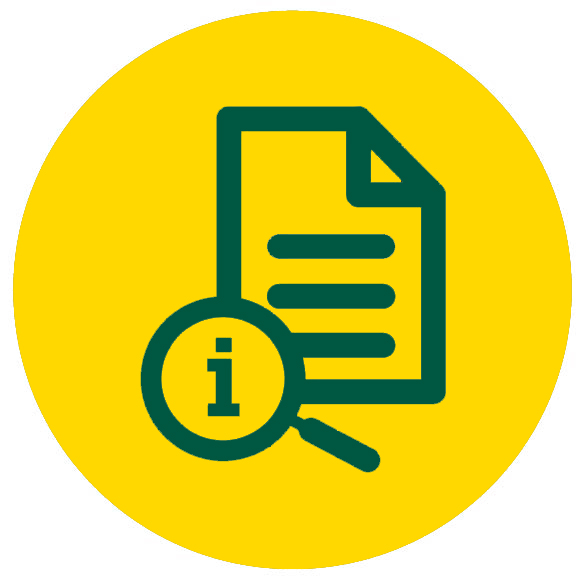 Endometriosis stats & facts poster Download here
Endometriosis stats & facts poster Download here
Endometriosis is a complex disease that affects at least 1 in 10 women, girls, and those assigned as female at birth globally, regardless of ethnic origin or social status. Endometriosis causes a chronic inflammatory reaction that may result in scar tissue and adhesions developing within the pelvis and other parts of the body that may distort internal anatomy.
Not everyone with endometriosis experiences symptoms and for others, it is so severe and debilitating that it impacts their life in significant ways. The pain often, but not always, correlates to the menstrual cycle – endometriosis can be unpredictable.
Symptoms
Symptoms can vary in intensity and may be intermittent or continual and often improve after menopause, but in some cases can persist. Once diagnosed, the right individualised treatment aims to reduce the severity of symptoms and improve the quality of life for someone living with the condition.
Symptoms are variable and broad and can include a combination of:
- painful periods
- pain during or after sex
- painful bowel movements
- infertility - it is estimated that 30-40% of those with endometriosis may not be able to have children
- fatigue
In addition to the above, endometriosis may cause:
Pain symptoms
- painful periods
- pain on ovulation
- pain during an internal examination
- pain during or after sex
- pelvic pain
Bleeding symptoms
- Heavy periods with or without clots
- Prolonged bleeding
- 'Spotting' or bleeding between periods
- Heavy periods
- Loss of 'old' or 'dark blood' before period
Bowel and bladder symptoms
- Painful bowel movements
- Bleeding from the bowel
- Symptoms of irritable bowel (diarrhoea, constipation, bloating - particularly during your period)
- Pain when passing urine
- Pain before or after passing urine or opening bowel
Other symptoms
- Tiredness/lack of energy
- Depression
- Back pain
- Leg pain
Effects on and challenges faced in daily life
- General lack of awareness that distressing and life-altering pelvic pain is not normal
- Many myths and misconceptions about endometriosis persist
- Difficulty in fulfilling work and social commitments
- Planning can be challenging as symptoms aren't always predictable
- Considerable impact on day-to-day life including working lives, childcare, everyday tasks and social lives
- Concern about school, job and employment prospects as a result of having endometriosis
- Discrimination in the workplace
- Interruption or avoidance of intercourse and affect the sexual health of affected individuals and/or their partner
Information on assistance and support you can offer as well as workplace considerations are only available to some Sunflower Members. Find out how to become a Sunflower Member here.
Sources:
Bupa: https://www.bupa.co.uk/womens-health/endometriosis-support
Endometriosis UK: https://www.endometriosis-uk.org/
Endometriosis.org: https://endometriosis.org/
Endometriosis World: https://endometriosisworld.weebly.com/
Human Fertilisation and Embryology Authority: https://www.hfea.gov.uk/
NHS: https://www.nhs.uk/conditions/endometriosis/
World Health Organisation: https://www.who.int/news-room/fact-sheets/detail/endometriosis
Look out for these Sunflower icons
 I may need more time
I may need more time I need a quiet/safe place
I need a quiet/safe place I may need a place to sit down and rest
I may need a place to sit down and rest I have a hidden disability
I have a hidden disability
The content on this page is provided solely for information purposes and provides an overview of the subject matter covered. It is not a substitute for professional medical advice, diagnosis or treatment. If you think you have endometriosis, please seek further information. The information on this page is subject to change without notice.
For further information, please visit Endometriosis UK:
Endometriosis can devastate the lives of not only those with the disease but also their families. We help them take back control. One in ten women and those assigned female at birth are living with endometriosis. That’s over 1.5 million who desperately need support and information to help them understand this chronic condition.
We're here to provide vital support services, reliable information and a community for those affected by endometriosis. We're a very small organisation, striving for big results.
If you want to commit to developing a work environment and culture that enable employees with endometriosis to thrive at work, visit https://www.endometriosis-uk.org/endometriosis-friendly-employer-scheme


